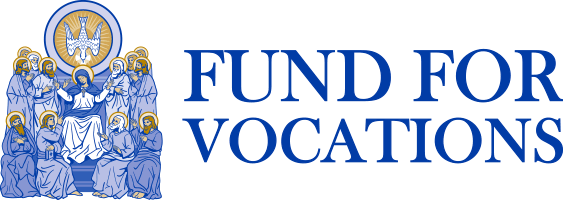The Fund for Vocations accepts applications for grants only from individuals entering institutes that meet our criteria.
To be approved:
- The institute must be based in the United States or have US-based apostolate.
- An institute must be able and willing to communicate with the Fund for Vocations in English. That is, all requests for information and contracts sent by the Fund to the institute will be in English and all official replies and notices to the Fund from the institute must be in English.
- An institute must be in union with the See of Peter. This includes all Roman Catholic religious institutes and those of the Byzantine rite, the Melkite rite, etc.
- An institute must be willing to be a party to the grant agreement, acknowledging that the Fund for Vocations’ promise to pay the grant recipient’s debt as stipulated by the agreement is equivalent to the grant recipient being debt-free. The agreement also includes reporting requirements for the institute.
- The institute must be either an institute of consecrated life (that is, a religious institute or a society of apostolic life). We do not provide grants to individuals entering secular institutes such as Opus Dei or Regnum Christi. Nor do we approve religious institutes which are associated with secular institutes. Private associations of lay faithful are not eligible. Public associations of lay faithful which are working to become either a religious institute or a society of apostolic life are eligible.
- An institute must have a policy that individuals who are responsible for any kind of debt may not enter the novitiate, in accordance with canon law. This does not disqualify institutes that agree to pay an aspirant’s debt. But the understanding must be that any such debt is no longer the responsibility of the professed individual.
- The institute must be an orthodox community with fidelity to the Magisterium. To determine orthodoxy and fidelity, the Fund for Vocations relies first on two organizations of religious life which we trust: Institute on Religious Life (IRL) and the Council of Major Superiors of Women Religious (CMSWR). If the order is not covered by either the IRL or CMSWR, we rely on our own religious institute review board. While taking account of those indices of Catholic orthodoxy and fidelity, the Fund for Vocations has the right in its sole discretion to approve or deny a grant.
